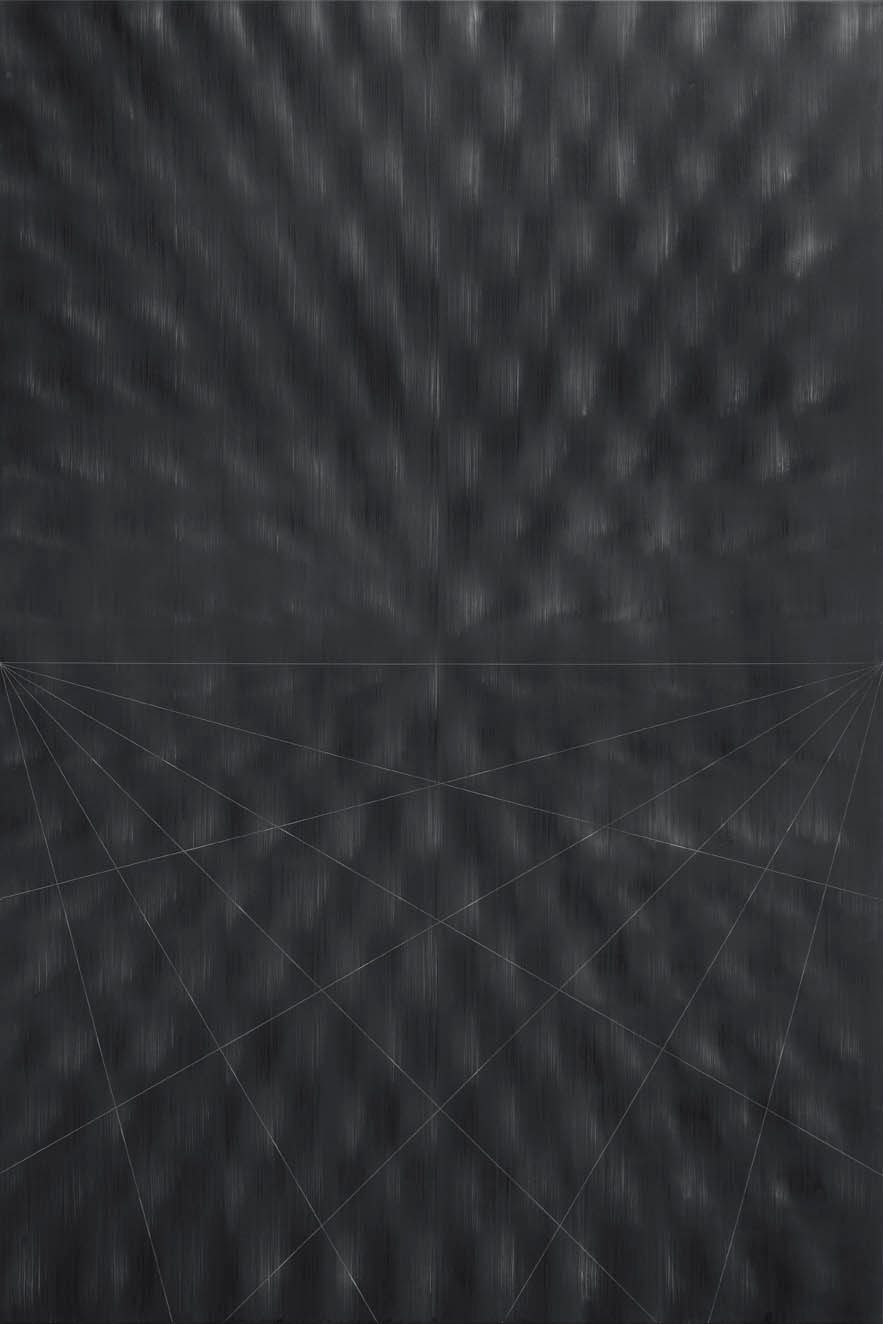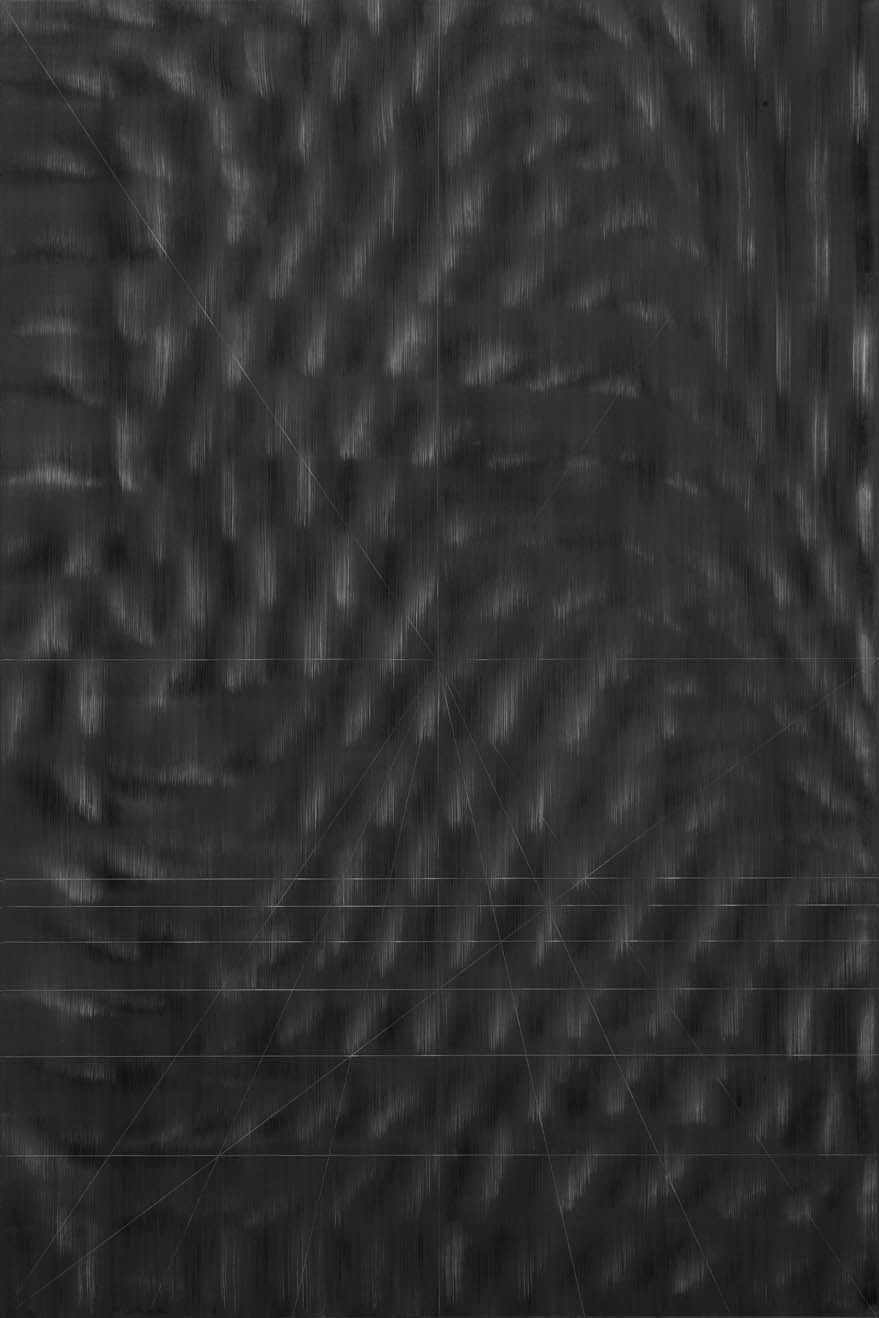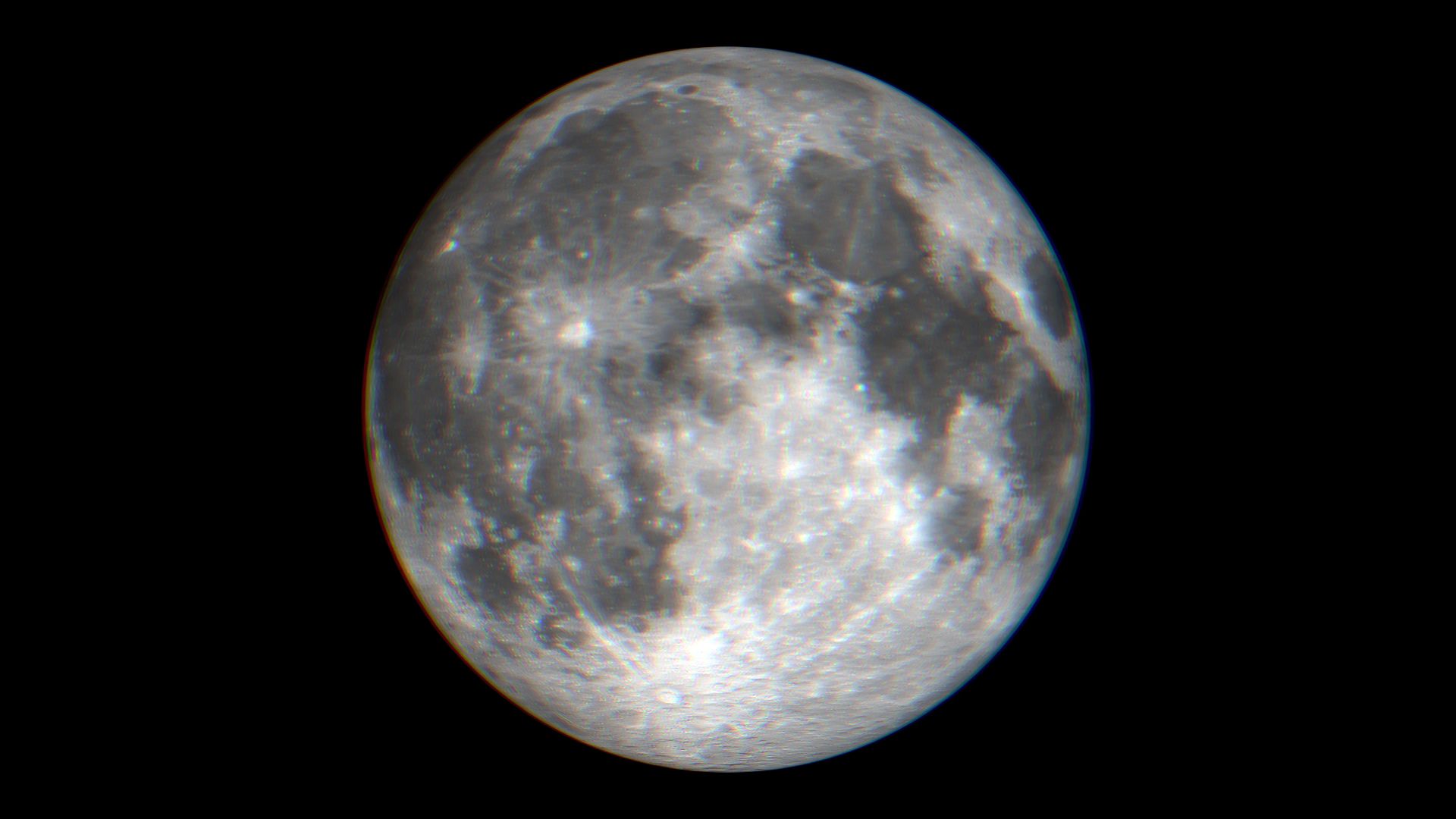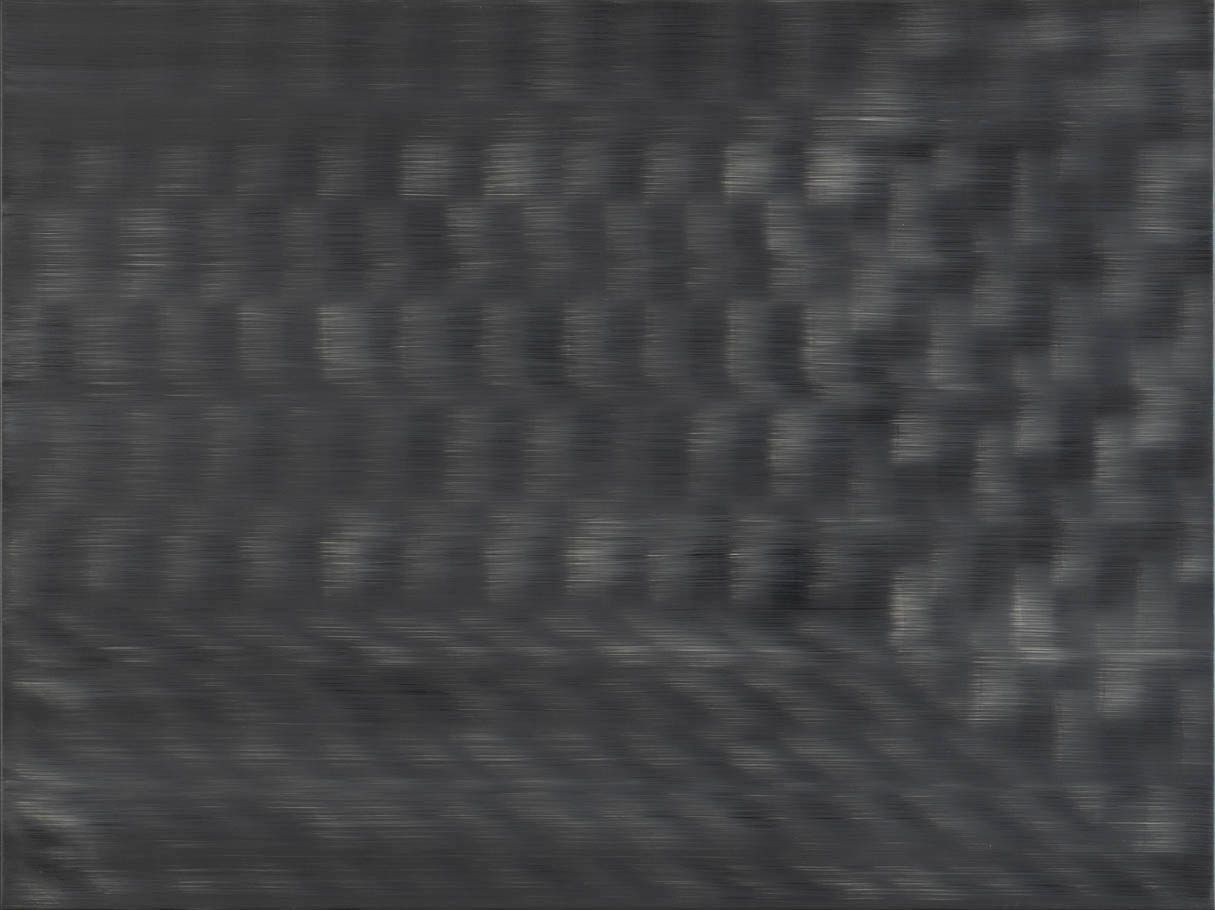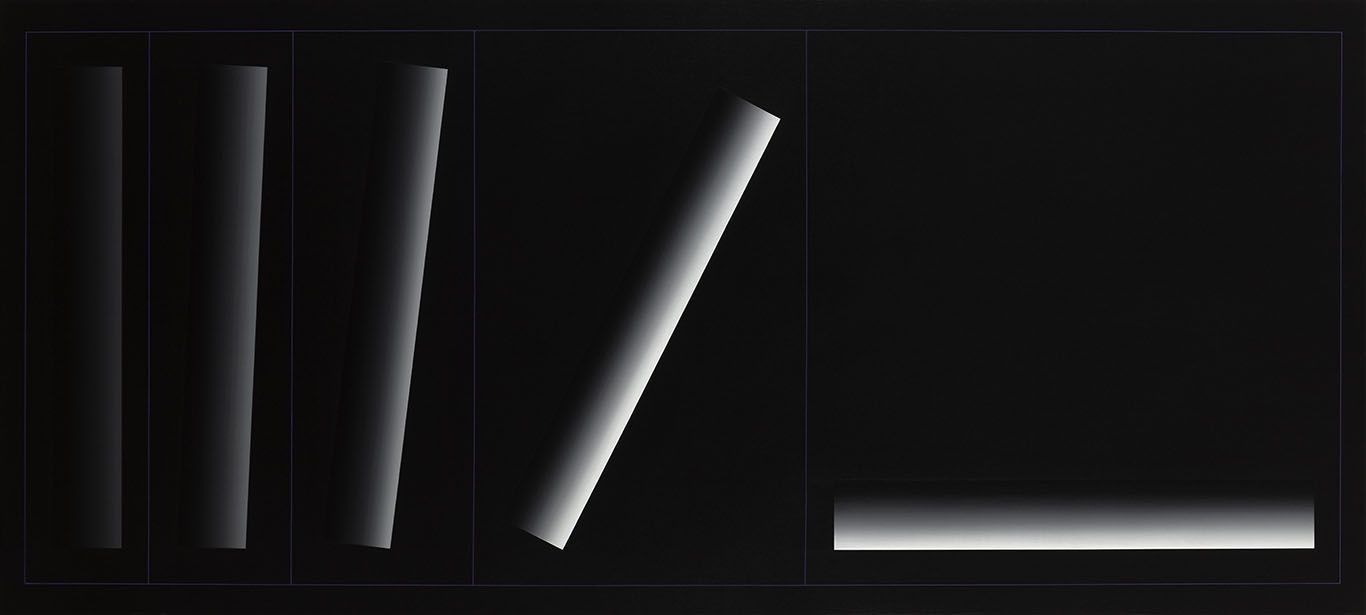
27 06
29 08
2025
Watchtower
Daniel Hanzlík
Curated by Jan Dotřel
“Time is like a river of events and a rushing stream. For as soon as something appears, it captivates us and brings with it something else, which it also carries away.”
Marcus Aurelius
For Daniel Hanzlík, the basis of his work is not primarily the creative act of producing a work of art, but observation. Visual or mental analysis, especially of natural processes, is the starting point for all artistic representation. The nature around us is based on the principles of synthesis and decomposition, creation and destruction. Without this diversity, nothing would exist. Daniel Hanzlík stands quietly before these events, absorbing their complexity first.
"Our age is an era of chaos and decay. Everything has become problematic. As always happens in such states, the boundaries of consciousness are pushed by unconscious contents in order to compensate for distress. It is therefore worth carefully observing all borderline phenomena, however dark they may seem, in order to find the seeds of possible new orders in them.”
Carl Gustav Jung
In the case of the author's work, the inexorability of gravity, the complexity of water and light waves, the sophistication of air currents and sound frequencies, the mystery of the passage of time, and the beauty of the movement of celestial bodies are a blank slate. We have reflected on these processes for thousands of years, agreeing on conventions for recording them using linear perspective, geometry, mathematics and the visual arts. In Daniel Hanzlík's artistic representation, however, we move between vectors, structure, gradient, repetitiveness and regularity. However, the most essential aspect of the work itself is not captured on the canvas, but in the initial idea and the act of understanding.
“In the early days of scientific observation, we were content to rely on intuition based on simple experience with everyday objects when searching for reasonable explanations of phenomena. However, as we strive to develop a more accurate description of our experiences, which encompass an ever-wider range of phenomena, our explanations become more complex and take the form of what we call laws. These laws often seem increasingly unreasonable and distant from what we consider obvious.”
Richard Feynman
